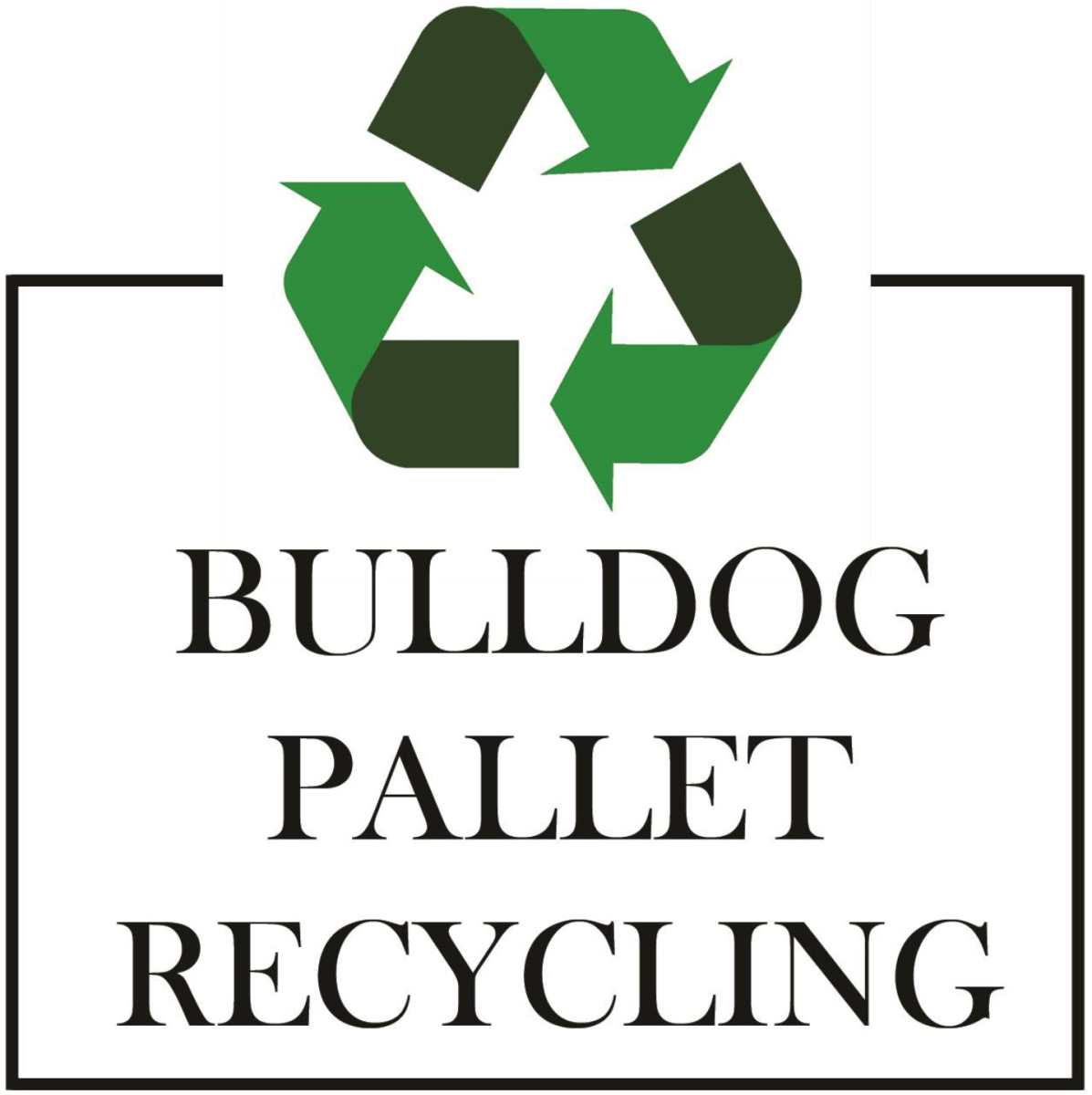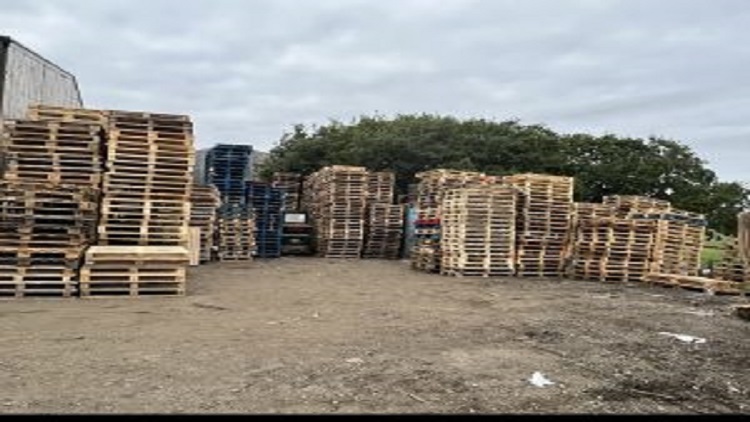The reuse of pallets has proven to be a significant way to reduce waste within the supply chain. As political pressure mounts to reduce carbon emissions and use materials more efficiently, recycling wooden pallets is no longer just a cost-saving decision, but also a smart environmental decision. This is being accelerated by fresh ideas and tools to make the process cleaner, faster, and more efficient. These changes enable businesses to reuse materials rather than waste them, as they are better equipped to monitor and perform advanced repairs. The changes are helping Pallet recycling in Hertfordshire achieve new targets while also safeguarding the environment.
What are the Innovative Approaches to Shape the Future of Pallet Recycling?
Here, we will discuss the major innovations that are shaping the future of Hertfordshire’s recycling services.
1. Smart Tracking and Data Use
Technology has become a critical factor in the tracking and reuse of pallets. The tools and technology can minimise loss and utilise each pallet more effectively. Pallet recycling in Hertfordshire is being improved by the use of such systems in both large and small operations.
2. Improved Repair Techniques
Not all pallets have to be exchanged once damaged. Easy, inexpensive repairs using new tools and techniques can help extend the life of your equipment. These incorporate nail guns, one-of-a-kind saws, and even robot frameworks. This is through repairing instead of discarding, which means that more pallets are utilised. It saves funds and reduces wastage.
3. Use of Recycled Materials
The other change is the emergence of wooden pallets, partially constructed from recyclable wood and plastic. These pallets are tough, light and less expensive to manufacture. They are also more durable and washable. In Hertfordshire, recycling services are increasingly using mixed-material pallets, particularly in areas where stringent waste regulations are in place.
4. Automation in Sorting and Processing
Innovations in recycling have utilised machinery that operates in a way that allows for the sorting, cleaning, and grading of pallets to be done within the shortest time possible in modern recycling centres. Automation has reduced labour costs while increasing the speed of the recycling process. This enables increased pallet reuse as opposed to landfills. Automated systems also enhance safety in the sense that they eliminate the need for manual handling of heavy or damaged pallets.
5. Sustainable Business Models
The new business models are helping companies examine recycling in a new light. Other companies currently hire out the pallets and also provide pickup and repair services. This justifies for businesses to reuse pallets and increases efficiency. These services are expanding in areas such as pallet recycling in Hertfordshire, where demand for green solutions is increasing.
Partner with Bulldog Pallet Recycling to streamline your pallet management. They support your business in all aspects across Hertfordshire with high-quality, environmentally friendly and sustainable solutions. Reach out today to discover how their expert team can help you save costs and reduce waste through smarter pallet recycling practices.

